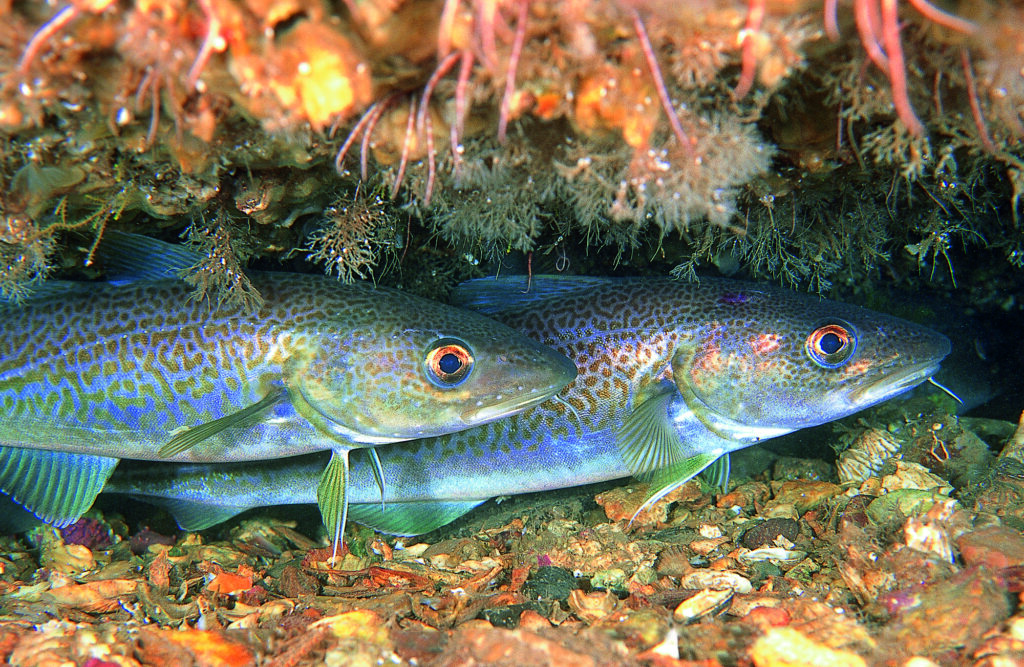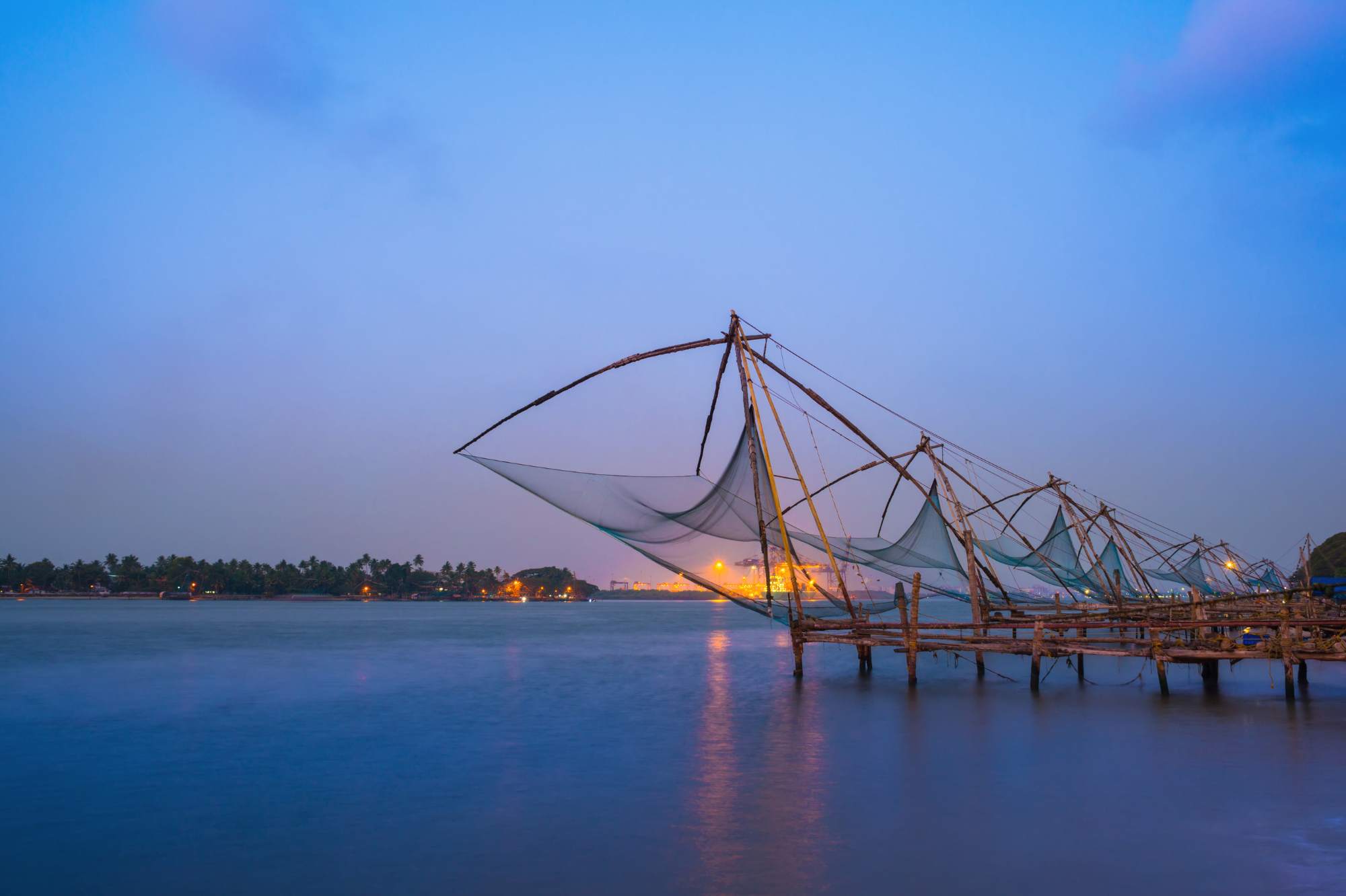Seminar: Innovating & adapting global best practice for managing marine environments in Gibraltar
Tuesday 20 June 2023
Location: Plymouth Marine Laboratory and online

We’re delighted to welcome visiting PhD Researcher Natalie Muirhead-Davies to PML to give a seminar on ‘Leading the way in conservation: Innovating and adapting global best practices for effective management of the marine environment in Gibraltar’.
About Natalie Muirhead-Davies: Natalie is a PhD Researcher at the University of Gibraltar looking at conservation best practice with a focus on use of systematic conservation tools. She completed her MSc in Marine Science at Climate Change, also at the University of Gibraltar and her thesis trialled the viability of an adapted systematic conservation tool on Gibraltar’s Southern Waters MCZ. Prior to her MSc she completed a Bachelors in Environmental Science and has worked for the National Trust in both Sustainable Building Design and as a Ranger.
Abtract: Successful marine management, with the view to achieve effective conservation that considers environmental pressures as well as an assessment of industry operations and anthropogenic pressures requires use of a range of tools, techniques and methods to both minimise conflict of marine spatial use and to maximise habitat and species protection. Gibraltar’s marine environment, like many UKOTs, is a hotspot for biodiversity. The small peninsula hosts a range of marine habitats and species, some of which occupy only a small range such as the Ribbed Mediterranean limpet (Patella ferruginea), which is vulnerable to environmental change. In recent years, climate change has been identified as posing a serious threat to the Mediterranean’s marine biodiversity as it warms at a rate 20 % faster than the global average. The spread of invasive species is increasing through international shipping and ballast water as a vector as well as warming waters allowing for alien species to become invasive and gain an ecological foothold; the most prolific being a species of macro algae, Rugulopteryx okamurae, which is spreading along the Western Mediterranean coast. Anthropogenic activity also influences Gibraltar’s waters; it has one of the busiest international shipping lanes and although the country has no commercial fishing fleet, recreational fishing is a popular sport, targeting species such as the Bluefin Tuna (Thunnus thynnus).
Many countries already employ management tools that address these components but few operate under limiting circumstances. These management tools often require large inputs of data, resources and funding; all of which Gibraltar has limited access to and is data deficient in many areas. Development of a tool that is able to provide advice would greatly improve the ability for Gibraltar to carry out effective marine management and would have positive implications for marine management in the wider Western Mediterranean region.
This seminar will be held online and is open to Marine Research Plymouth Colleagues, to register, please email comms@pml.ac.uk
Current Events
No current events at this time.
Upcoming Events
‘Future of Food’ exhibition at the Science Museum
24 July 2025
PML x NOC Virtual Work Experience Week
11 August 2025
Resilient Coasts, Thriving Communities: A Sea of Solutions
18 August 2025


